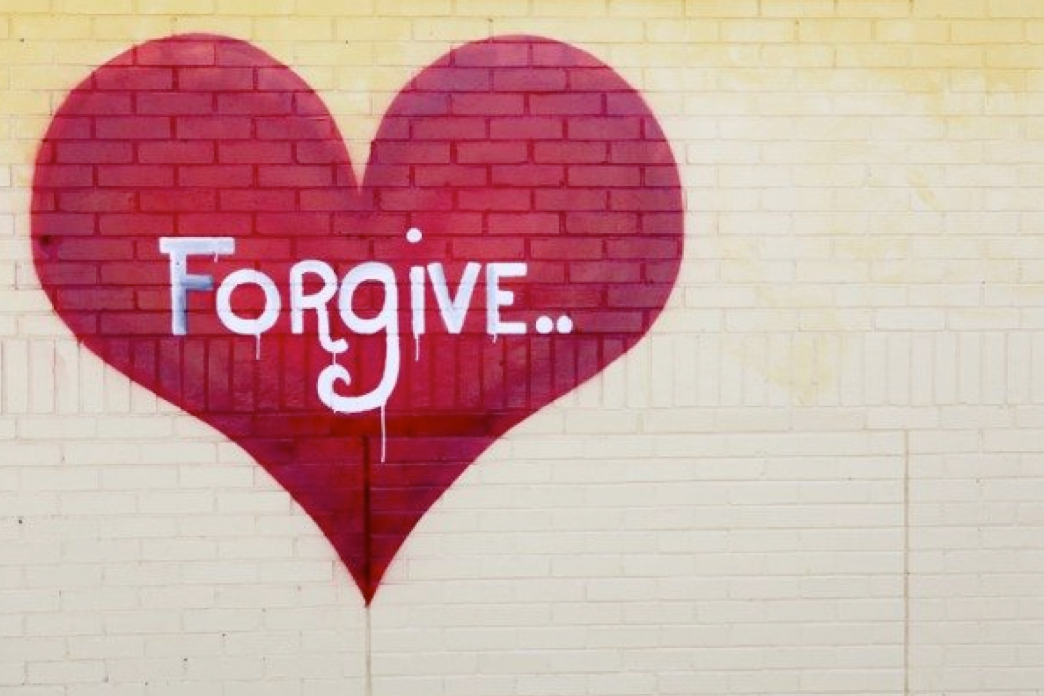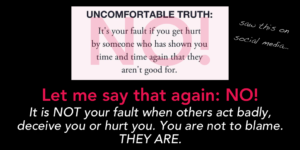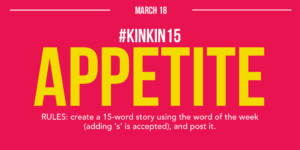A friend of mine sent me this writing prompt to ponder:
I think everyone agrees that it’s bad to hold onto past hurts, and bring them up in arguments years later. But how about if you flip it around?
I remember my dad telling me once, after my mother did something that annoyed him, that you don’t want to be too hard on your spouse, because some day you’re going to be the one in the wrong. It stuck with me. I always try to be gracious when people fuck things up (or even fuck me over) because I hope they will be gracious with me when the situation is flipped.
So my question for you, is are those things different? Is expecting someone to be forgiving because you were forgiving, different than hanging onto hurts from the past?
I reacted to this when I read it, but I wasn’t sure exactly what my reaction was, so I sat on it a bit.
And today, much sooner than I expected, I have an answer—or at least something I can start to answer with.
Yes, it is different, I believe. Not just because the immediate results are different, but because of the intention.
That said, there is a potential shadiness in this that I think my friend was catching on to that was likely not at all intended by his father.
It’s worth exploring.
To me, forgiving to be forgiven is a form of covert contract:
The I-was-so-forgiving-therefore-you-need-to-recognize form of covert contract.
UNLESS it’s spoken. Aloud. Clearly. And agreed to.
Let me explain.
I think we can all agree that buying someone dinner in the expectations that it will lead to sex without negotiating that is a covert contract and pretty gross.
In the same vein, so is forgiving someone now to use as a get out of jail free card in the future.
Both are trading something for something else without the agreement of both parties.
If we flip this, though, it’s OK: “I’m forgiving you, and really, barely even need to do that, because you’ve always been so understanding when I’ve made boneheaded moves…”
THAT is always OK.
But that is coming from a place of thanks and gratitude, rather than from a place of expectation.
Or, even, “I forgive you. I mean, I’ve done enough boneheaded shit in my life that I get it. I certainly hope that when I’m an idiot, you’ll also forgive me, deal?”
Which is a good option, but not a great one.
Because this may be a boneheaded move to you, but what you want forgiveness for in the future may feel like more than that, and you’re deposits into the forgiveness account may not be enough. If that happens, will you then be entitled? Or feel OK?
I can’t answer that for you. You may not be able to answer that for yourself, until it happens.
That’s why I suggest living a No Regrets philosophy, and choosing your actions at any time by what is right for you NOW, not what you hope to get out of your decision.
What are your thoughts?
I could be way off base here. I don’t think I am, obviously. However, I’m still testing this thought process, and I’m open to your thoughts and ideas about what I’m getting right (if anything) or wrong (also if anything).









4 Responses
I think you are really on to it there tbh… ????
Thanks! It was a great writing prompt. Made me think. *smiles*
I think that no you’re not off base at all and I agree with what you’re saying because yes people do things with a motive. I think that when people say I forgive you and think well you should forgive me too because I forgave you is ridiculous. Everyone has different feelings and different ways of responding to something that happens. I really do not think you can expect someone to forgive you because you don’t know what they’re thinking or feeling. You just have control over your own actions towards others. I do think that yes we hold onto feelings and yes the yucky ones as well from past experiences and yes uncertain and certain things can trigger those feelings back. I really think some actions aren’t intentional and yes if you can look past and move forward from the past feelings when something does happen from someone else’s actions I think things are easier.
Someone said on another site that we forgive people for US, not for them.
Which resonates as well.